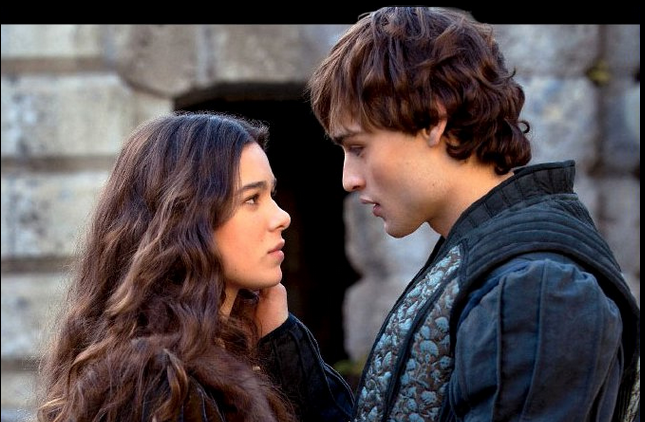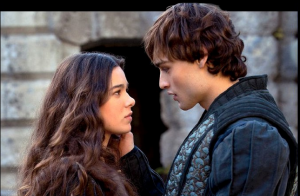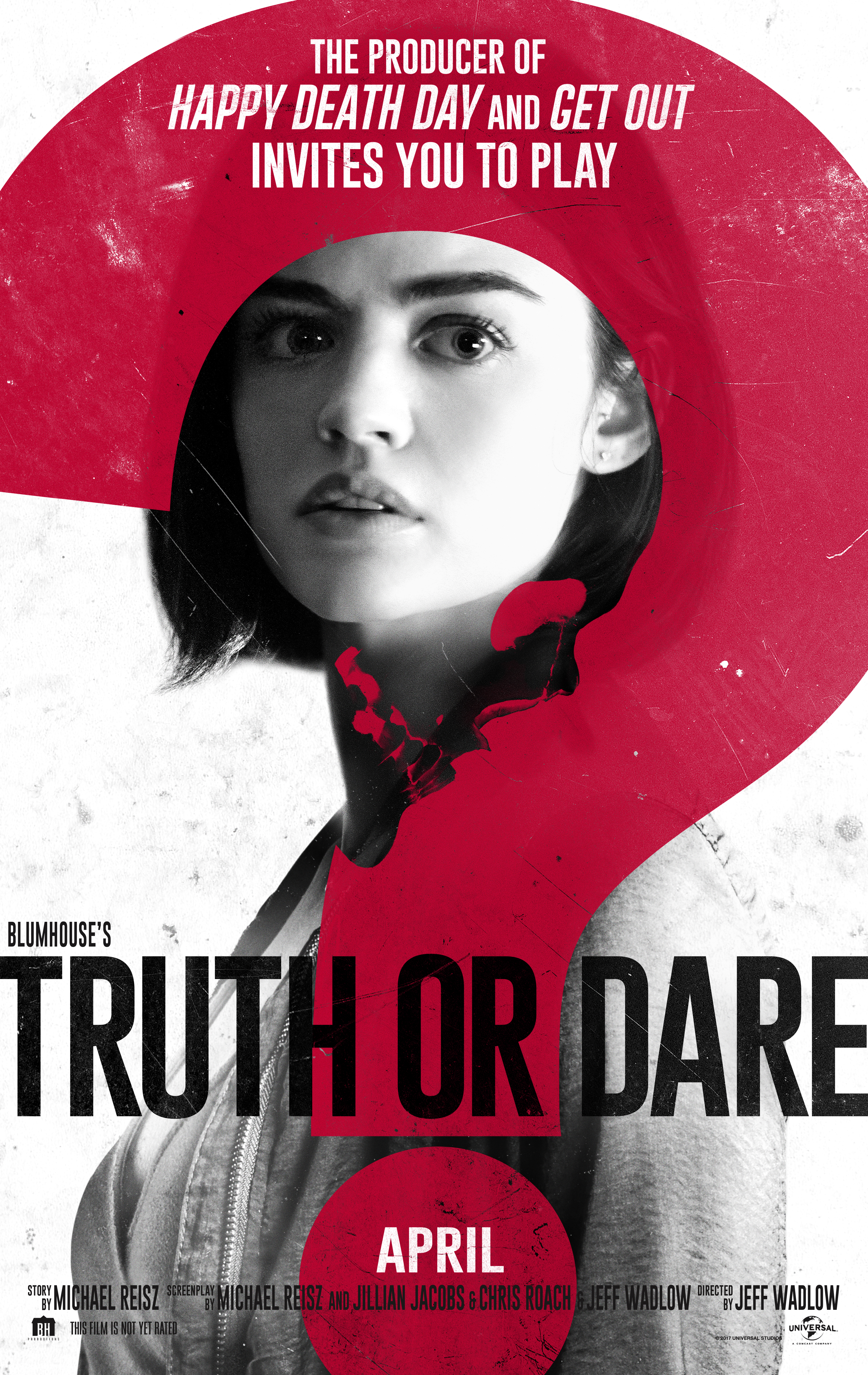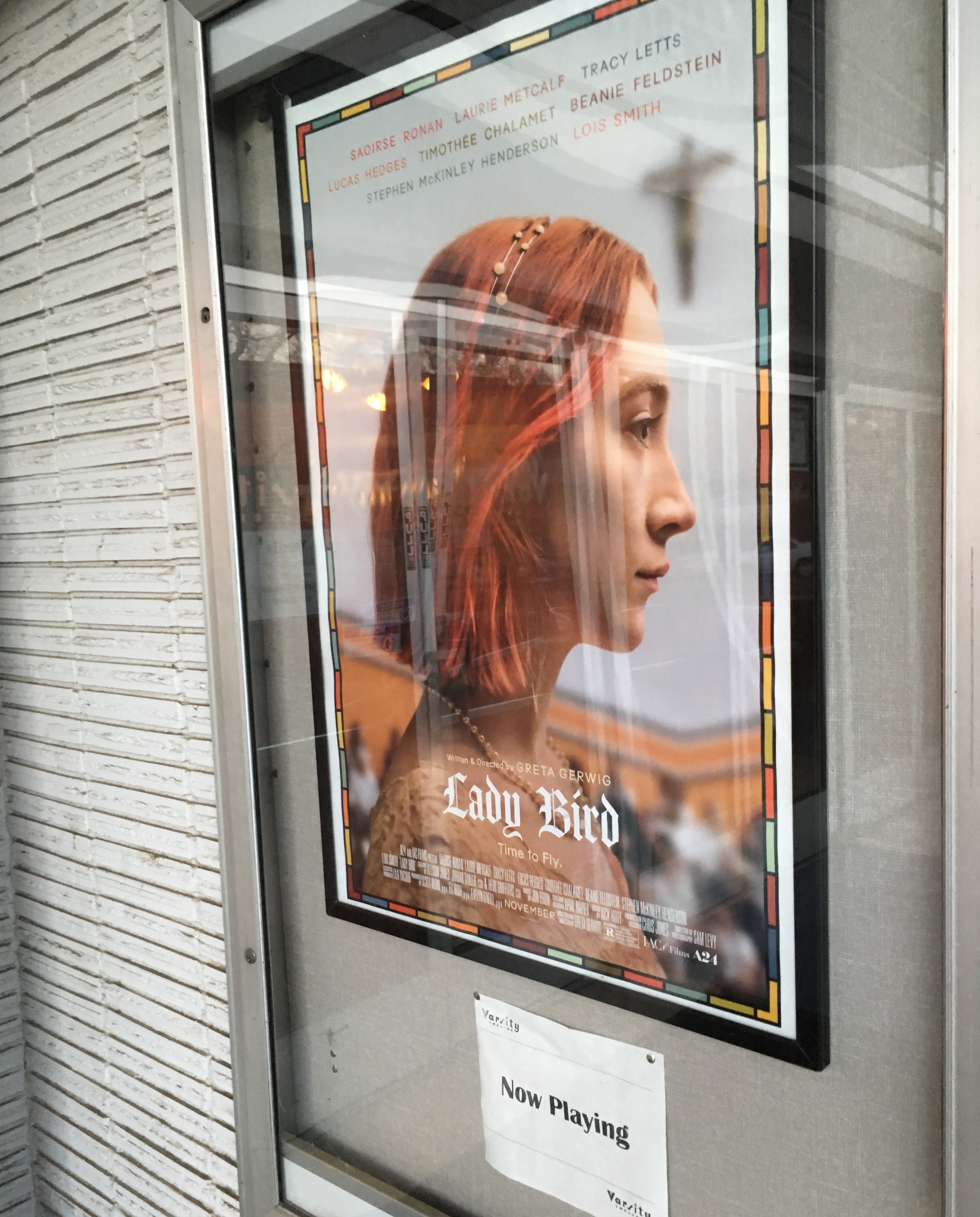Romeo and Juliet proves overdone
By Krystal Lau, HUB Writer-
Opening in 16th century Verona, Italy, bright lights, garish clothes and vibrant colors swarm the screen. Moody, overblown, and yet sincere at points, this Romeo and Juliet remake attempts to stick close to its roots, mimicking Shakespeare’s passionate and exaggerated notions.
Played mainly by Hollywood’s young generation, the cast includes rising stars Hailee Steinfeld (playing a honest Juliet), Douglas Booth (the moody Romeo), and Ed Westwick (an intense Tybalt). Proving her three-dimensionality, Steinfeld leaves her persona of tomboyish action films and ventures into the twisted entanglements of romantic tragedies.
A lively tournament sets the opening scene, giving a feel for the atmosphere of the rest of the film. Clumsy and wild camera angles do more to confuse the audience than to inspire them. Though Juliet lacks a noticeable chemistry with Romeo, she makes up for her mistakes with an unmistakable innocence and the naïve beauty of a love-stricken child.
Meanwhile, the ever-violent Tybalt constantly snarls between scenes, contrasting greatly with Romeo’s declarations of love- made more poetic through the directors’ decision to stick to the old Shakespearean language. Intense swordfights strengthen the Capulets’ and Montagues’ ancient hatred for each other, and the consecutive deaths of the various enemies leave nothing to the imagination. Romeo’s anguish appears realistic, though the stony, pained looks of his relatives evoke no sympathy. True emotions stem from his usually affected face as he murmurs, “Oh, I am fortune’s fool!”
Downplaying Mercutio’s most famous monologue of Queen Mab- considered perhaps the greatest of the play- the film chooses to focus on the star-crossed lovers adoration of each other, with barely half a scene present when one or the other is not pining away. In contrast, Friar Lawrence, played by a bearded Paul Giamatti, offers much-needed comic relief while contributing effective foreshadow.
Drawing to a close with the hopeless suicides of the two teens, geometric patterns play with the eye through multicolored ceilings and paradoxical staircases. With climaxing symphonies playing persistently in the background and gaudy velvet attire swishing through unreal landscapes, the ending loses most of its tragedy and hopelessness through the cracks of the chaos. Only the nurse (played by Lesley Manville) effectively captures the true heartbreak of the hour, overpowering the Capulets’ wretched sobs with her pain-ridden eyes.
A fast-moving depiction of Shakespeare’s classic, Romeo and Juliet struggles to stay close to the original, though the combination of flashy props, artificial actors and lack of purpose proves too much for the film- and by the end it seems not even the actors know why they are there.




